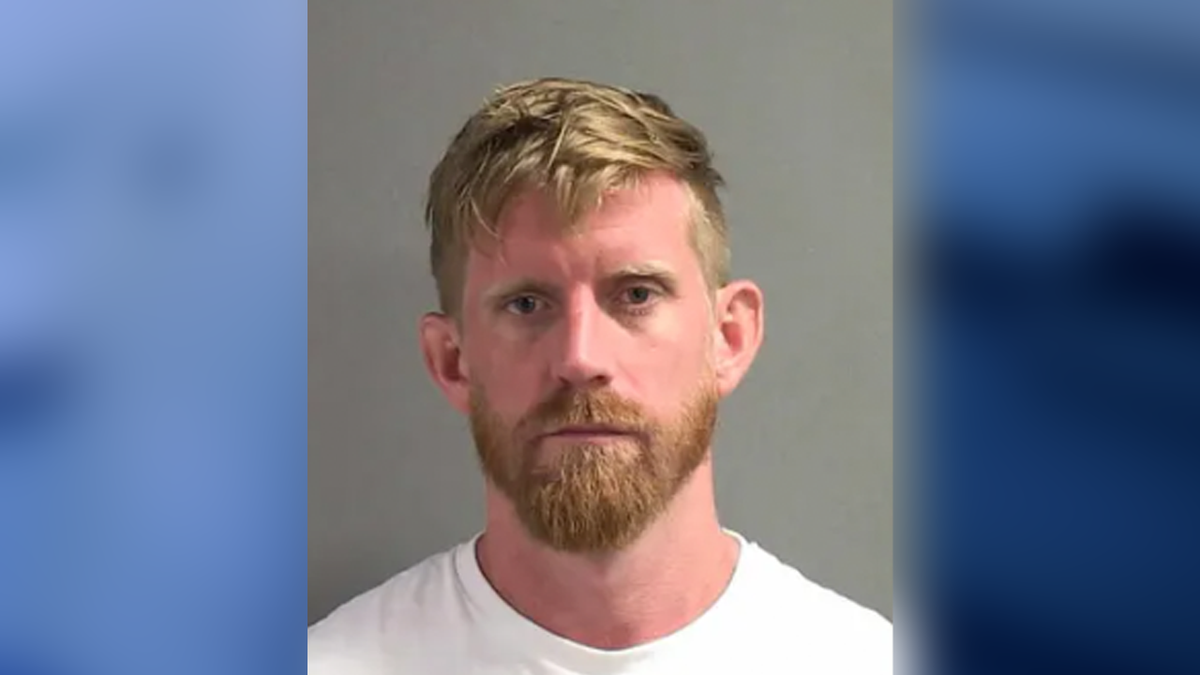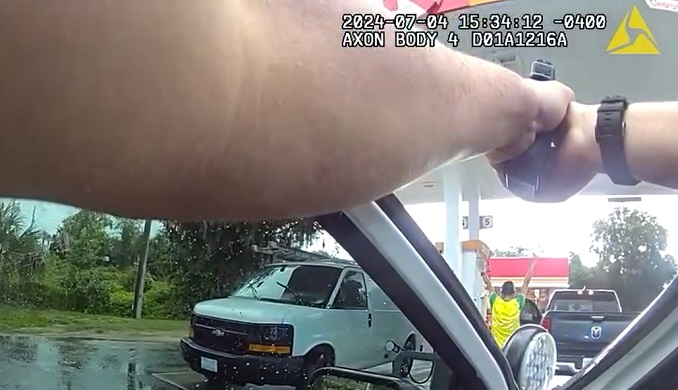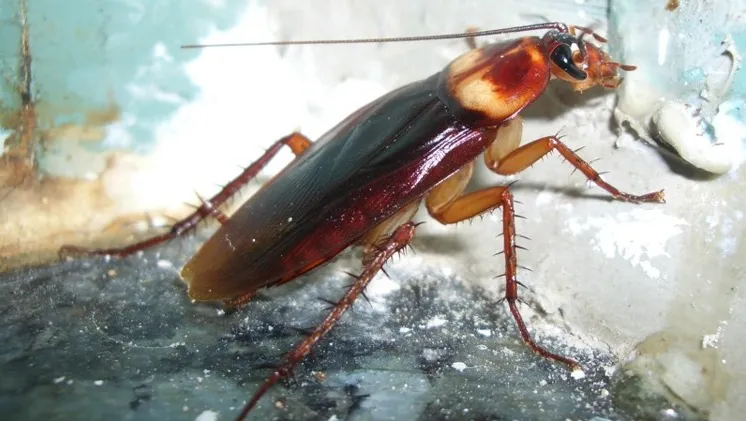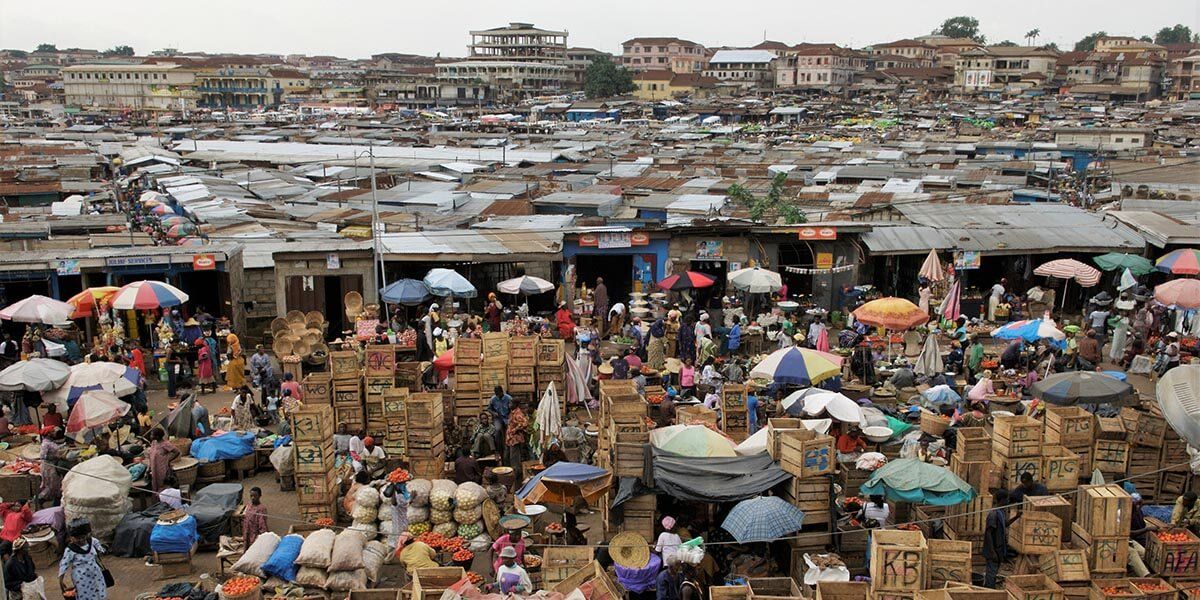Rapid Urbanization Spells Environmental Woes for South Carolina, EXPERTS WARN!
At least that’s what NumbersUSA environmental expert Leon Kolankiewicz, primary author of “From Sea to Sprawling Sea,” an environmental impact study that examines how U.S. population increase has caused rural land loss over four decades, claimed. “You are making it extremely difficult to achieve your climate goals by increasing the number of energy consumers,” Kolankiewicz said in a News 4 interview. “It just doesn’t work.”
South Carolina lost 2,126 square miles to what Kolankiewicz called urban sprawl, the loss of rural area to urbanized development, between 1982 and 2017.
Considering that loss, South Carolina came in eleventh place out of the 49 states examined in the 35-year data set. But the Palmetto State was only the forty-third largest state. South Carolina ranked eleventh in the nation for the amount of sprawl that destroyed rural ecosystems, even though only ten states were smaller than it.
- Auto Insurance Shopping Rises in Response to Soaring Insurance Rates: Report
- Avoid These 7 Missteps When Refinancing to a Lower Mortgage Rate
- Rising Home Prices Amid Slight Mortgage Rate Dip: Analysis
- Fresno County’s Groundbreaking Initiative: $500 Monthly Payments in New Guaranteed Income Program, Here is Who is Eligible
- Unlocking Financial Freedom: 5 Reasons to Opt for Personal Loans in Credit Card Debt Repayment
Total sprawl, or the growth since South Carolina became a state, comes to 4,269 square miles. In terms of what scientists regard as a relatively small state, that is sixteenth. South Carolina expanded more in the 35 years that separated 1982 from 2017 than it had in its entire history.
“The rate of development and the loss of rural land is picking up speed,” Kolankiewicz remarked. Obviously, that worries or even upsets a lot of South Carolinians. Among the states with the quickest rates of growth, according to the US Census Bureau, are South Carolina and Florida.
- Will Everyone Get a $12,000 Stimulus Check in 2024? Find Out Eligibility
- $6400 Stimulus Checks in 2024: What You Need to Know About Eligibility and Payment Dates
- IRS 4th Stimulus Check 2024: Comprehensive Guide to Eligibility and Payment Dates
- 3 Smart Moves to Make Once Your Savings Reach $50,000, Here Are Crucial Actions to Take
- 3 Effective Ways to Pay Off Student Loans on a $50K Salary or Less, Know Here!
With a 1.7% population gain in that one year alone, South Carolina led the US in percentage growth year over year.
Environmentalists like Kolankiewicz worry that urban sprawl brought about by population growth can drive places like the Palmetto State – and the United States – into an existential crisis, even though politicians, including Gov. Henry McMaster, have praised South Carolina’s population growth and paraded it around as proof of a “booming” economy.
“We face an issue of how human beings are going to live when there are 330 million of us in this country,” Kolankiewicz declared. “That is not something we can carry on with. Not sustainable is it. You are stealing from Peter in order to pay Paul. The ecosystem might be severely damaged by urban sprawl claiming rural areas, according to Kolankiewicz.
Kolankiewicz said, “Deforestation just adds to dramatic drops in air quality. Wildlife loses natural grazing land, farmers lose farmland.”
According to his study, the average yearly loss of 1,200 square miles across the United States would be unsustainable for a nation that wants to maintain its capacity for food independence and stewardship of the animal and plant life now living within its borders, even if habitat and farmland loss continues at the slower rate of the 2002 to 2017 period.
“In a finite system, growth is impossible in any object or entity,” Kolankiewicz added. “The biosphere, the world, and the United States were not increasing in resources to meet the ever-increasing demands of people.” That begs the inevitable question of what to do in places like South Carolina, Florida, and Texas, which have had explosive growth during the past ten years.
The response from Kolankiewicz is more effective land use and population stabilization.
States should try to regulate the number of individuals that move annually in order to stop “uncontrolled exponential growth.” He also wants to see the end of low-density land use, looking for substitutes for single-family homes and mini-malls that use a lot of space and “additional resources.”
Given how reliant on cars rural communities are, Kolankiewicz wants to see more electric cars used there. Above all, though, he wants to see an area’s natural beauty preserved for future generations. “You have to be able to drive about more because I would like to see South Carolinians continue to live in rural areas,” he remarked. “But we are unable to eat cake and have it too. Lunches are not free in the real world. Somehow you have to pay for it.”











